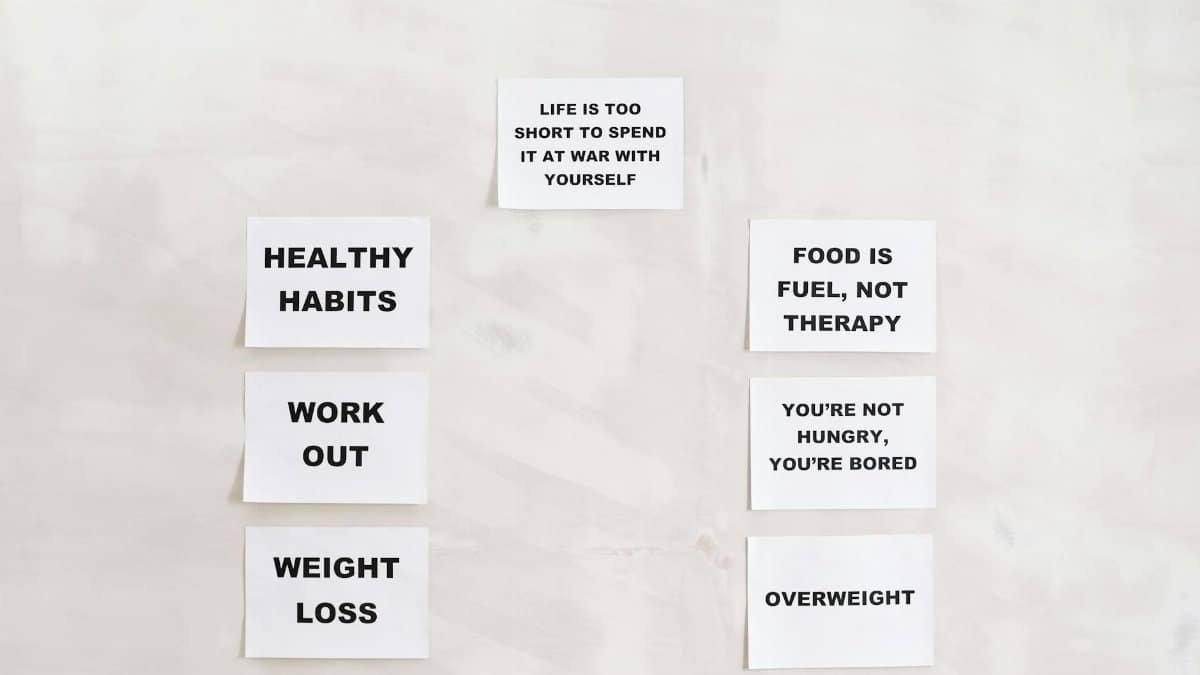Is your phone running your life? New data shows that 78% of Americans check their devices within five minutes of waking up, and the impact on mental well-being is alarming. The constant scroll, notifications, and screen time tied to phone habits mental health concerns are no longer just theories—they’re measurable stressors. From anxiety spikes to sleep disruptions, excessive phone use is quietly reshaping how we feel and function. Let’s break down the 12 clear signs that your device obsession might be dragging down your mental health before it’s too late.
1. You Feel Anxious Without Your Phone

Can’t leave the house without double-checking for your phone? If the thought of being disconnected sparks panic or restlessness, it’s a red flag. This dependency, often called “nomophobia,” ties directly to stress and insecurity. Studies from the National Institutes of Health highlight how fear of missing out fuels this anxiety, creating a vicious cycle of checking and rechecking.
2. Constant Notifications Disrupt Your Focus
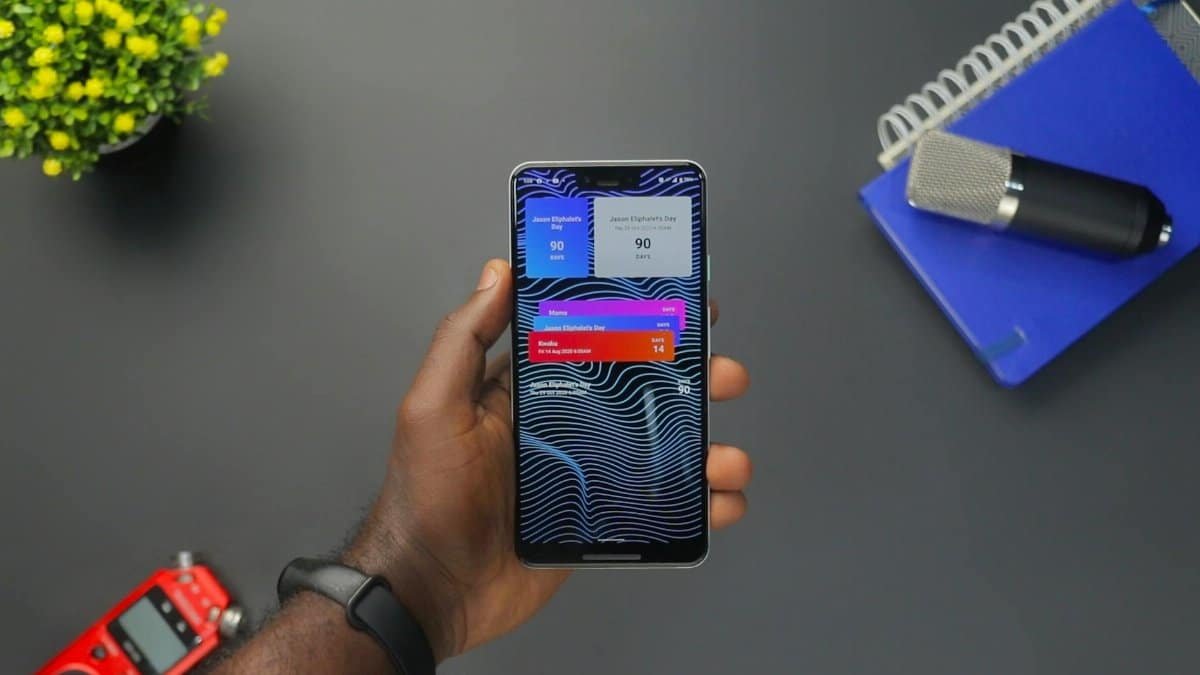
Every ping or buzz yanks you out of the moment. If notifications scatter your attention, leaving you unable to complete tasks, your phone habits are likely eroding your mental clarity. Research shows multitasking with devices reduces productivity and spikes stress hormones.
3. You’re Losing Sleep Over Late-Night Scrolling

Staying up past midnight doomscrolling? Blue light from screens messes with melatonin production, tricking your brain into staying awake. The Sleep Foundation notes that poor sleep from phone use directly worsens mood and cognitive function.
4. Social Media Triggers Comparison and Self-Doubt
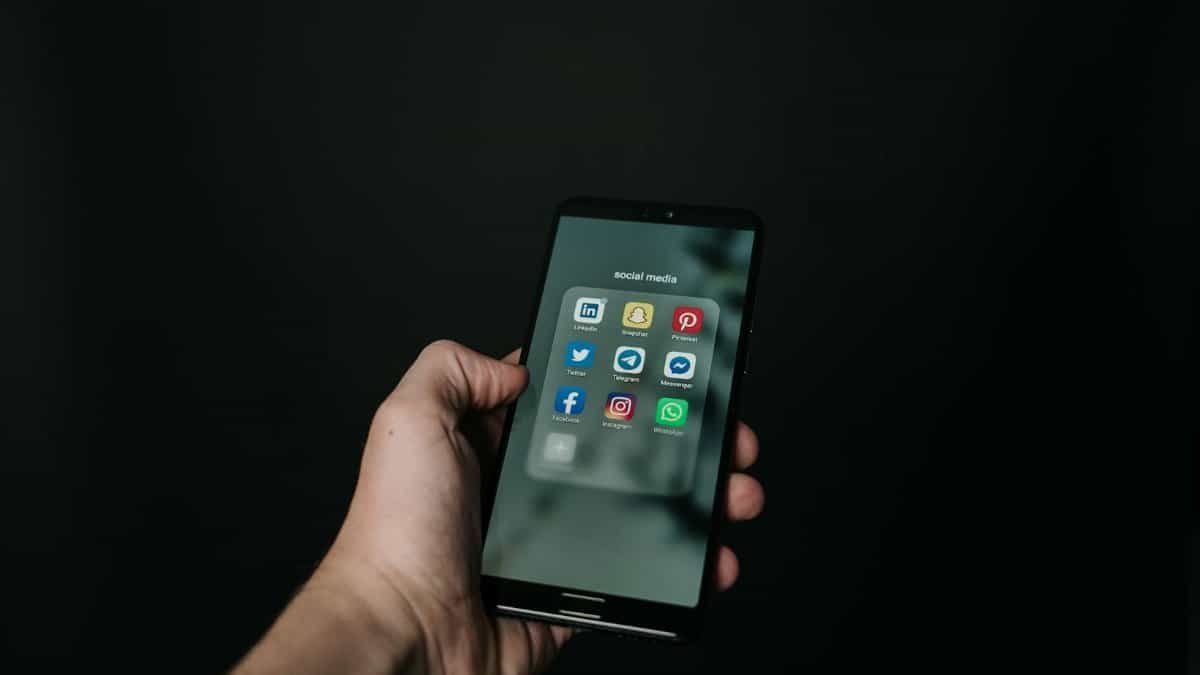
Endless feeds of curated lives can make yours feel inadequate. If scrolling leaves you feeling unworthy or jealous, your phone habits are hitting your self-esteem hard. This comparison trap often breeds negative self-talk and dissatisfaction.
5. You Feel Irritable After Prolonged Use
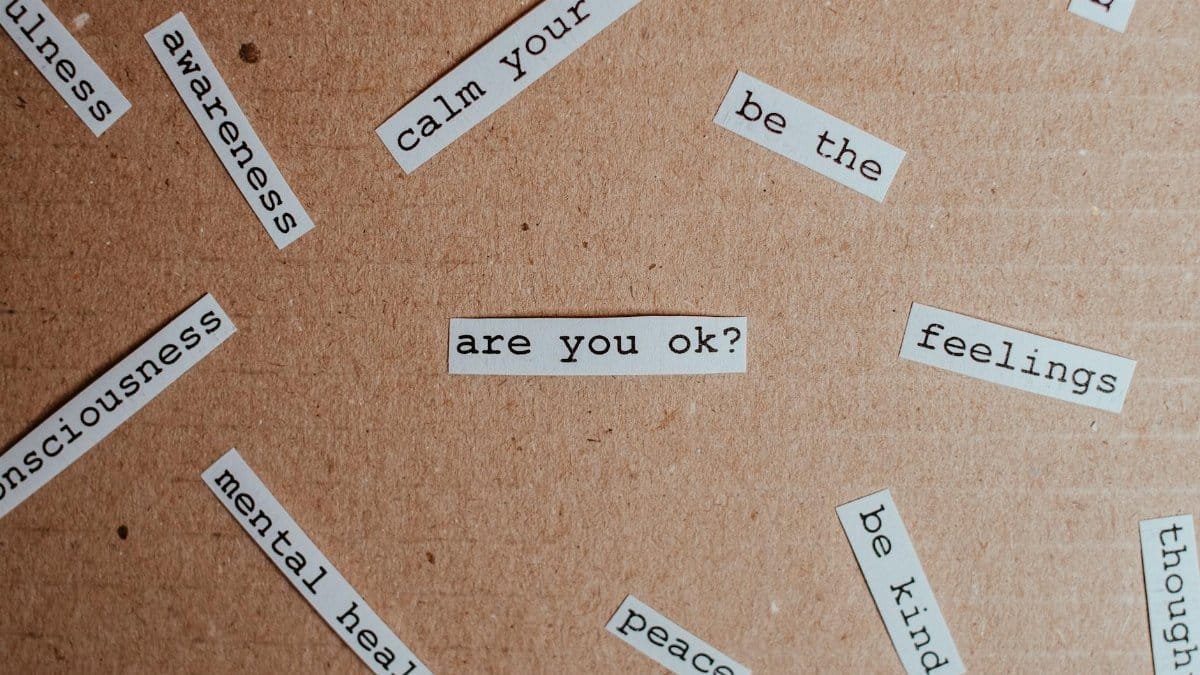
Ever snap at someone after hours on your phone? Overstimulation from apps and content can leave your nerves frayed. This irritability signals mental fatigue, a common side effect of digital overload impacting emotional regulation.
6. Your Relationships Are Suffering

If you’re more glued to your screen than engaged with loved ones, your phone habits might be straining connections. Being physically present but mentally elsewhere—often called “phubbing”—can create distance and resentment in real-life interactions.
7. You Check Your Phone Compulsively

Grabbing your phone every few minutes, even without a reason, points to a deeper issue. This compulsive behavior often stems from anxiety or a need for instant gratification, both of which chip away at mental peace.
8. You Feel Overwhelmed by Information Overload

Too many news alerts, posts, and messages can flood your mind. If you’re drowning in content and struggling to process it all, your phone is likely contributing to mental clutter and stress.
9. Physical Symptoms Like Headaches Emerge

Hours of screen time can manifest as tension headaches, eye strain, or neck pain. These physical signs often parallel mental exhaustion, showing how phone overuse taxes both body and mind.
10. You’ve Lost Interest in Offline Hobbies

Remember reading books or hiking? If your phone has replaced activities that once brought joy, it’s a sign of imbalance. This shift can dull your sense of fulfillment and worsen feelings of emptiness.
11. You Feel Guilty About Your Screen Time
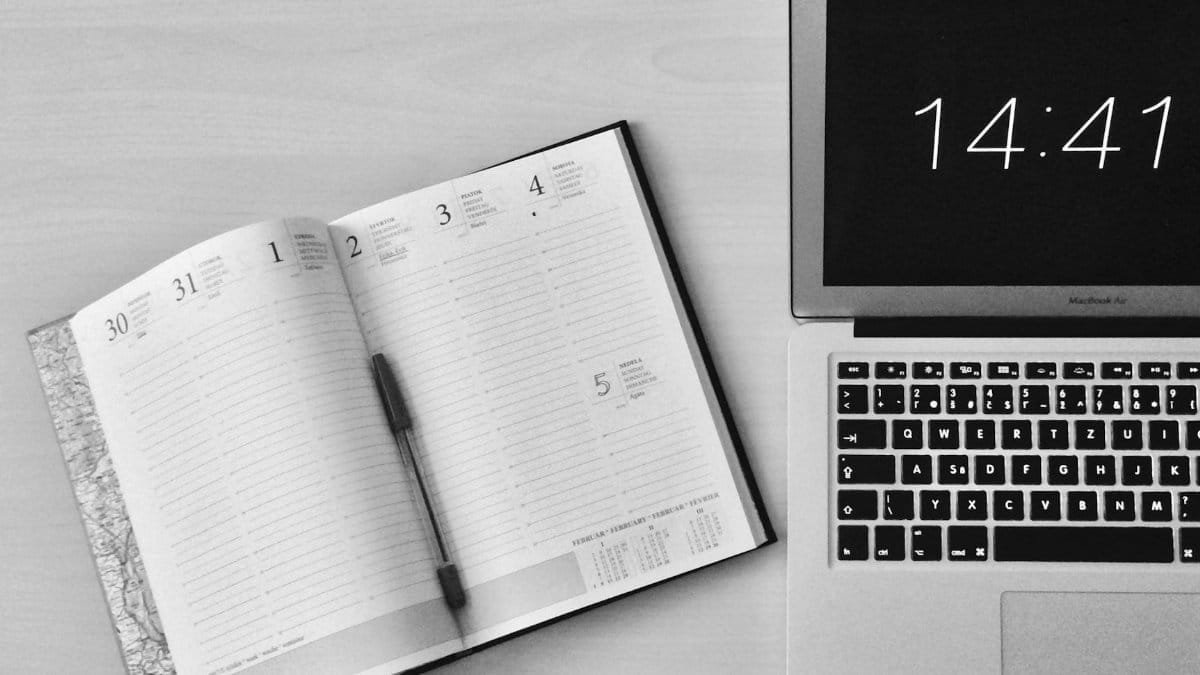
If you’re constantly telling yourself, “I shouldn’t be on my phone this much,” but can’t stop, guilt creeps in. This internal conflict around phone habits mental health reflects an awareness of harm but a struggle to change.
12. Your Mood Swings After Online Interactions

Harsh comments or lack of likes can tank your mood. If online exchanges leave you feeling angry, sad, or deflated, your phone is likely amplifying emotional volatility, a key mental health concern.
Recognizing these signs is the first step. Phone habits mental health impacts are real, but small changes—like setting screen time limits or designating phone-free zones—can help reclaim balance. Your well-being is worth more than the next notification.
